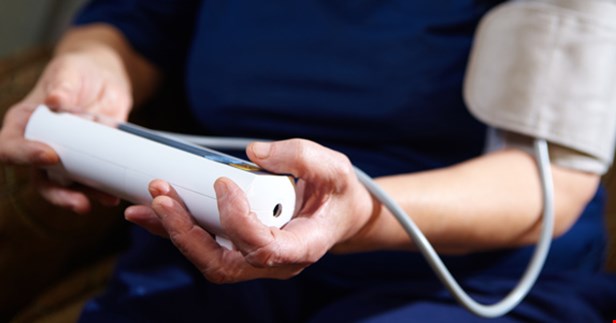Press statement on Medical Devices Regulation

Patients with chronic conditions rely on medical devices to improve their health and quality of life. Patients have a fundamental right to expect that the devices they use are safe, after being authorised for use in the EU. The recent revelations of harm caused to patients by inadequately tested devices, though not new, serve as a reminder that the current system is in urgent need of improvement.
The European Patients’ Forum (EPF)[1], an umbrella organisation of 72 patient organisations across the EU calls on the EU Member States, the European Commission and the industry to ensure a swift and effective implementation of the new, improved regulatory framework in a way that will ensure patients’ safety and a transparent regulatory framework. “The system should be fully transparent, with publication of all evidence on safety and quality, as well as public reporting of incidents for devices just as adverse drug reactions are reported”, says EPF’s Secretary General, Nicola Bedlington. “This is vital to restore the trust and confidence of patients and the public in the way medical devices are regulated in the EU”, she added.
As medical devices are produced and circulate all over the European Union, it is important to have common rules to ensure devices on the European market are safe and high quality. In April 2017, following several years of discussions, the EU adopted two new Regulations on medical devices, which replace the existing Directives. The new rules will apply from spring 2020 for medical devices and from spring 2022 for in vitro diagnostic devices.
EPF has engaged with the revision process from the start, bringing a patient voice into discussions and involving our network of patient organisations from various disease-areas. Our priority has always been a high level of safety and transparency.
Stronger safety requirements
The new Regulations will bring important changes for patients, one of which is stronger safety requirements. There are three stages which are crucial for patient safety: clinical investigation, when the device is tested; conformity assessment, when the safety and performance of the device is assessed; and vigilance, which is the ongoing monitoring of risks and incidents once the device is on the market. In our view patients should be empowered to play a role in each of these steps. In particular, patients’ expertise and experiences as users of medical devices needs to be used more effectively in safety monitoring – the long experience with pharmacovigilance has shown that patients’ reports add value and enable any problems to be spotted earlier.
Better information
The new EU Regulations promise better information to patients: an EU database on medical devices, EUDAMED, will be set up and it will be accessible to the public. Patients will be given information leaflets on their implanted devices. An important improvement is that for high-risk, “class III” medical devices, which include implantables, the manufacturer will need to provide a publicly available document summarising the device’s safety and clinical performance. The summary document will be an important source of information for patients and healthcare professionals, and should enable them to make more informed decisions.
The need for stronger controls
Given that a centralised system for approving devices was not going to be an option, EPF called for stronger controls on the notified bodies which approve devices in the EU, to ensure they would not be able to compete by lowering the quality of the assessment procedure and therefore risk patient safety. We believe it is vital that in future the Member States and Commission have control over the notified bodies, and that these are regularly evaluated. The capacity of notified bodies to deliver on the requirements of the Regulation must be ensured.
Patients engage in the implementation process
EPF and our members continue to engage in the implementation process of the EU Regulations. As a member of a sub-group of the Medical Devices Coordination Group,2 EPF has and will continue to prioritise patients’ safety and call for transparent, easily accessible safety information for patients and their organisations. We have developed materials for patient organisations to inform and enable them to participate in the implementation of the regulations and monitoring of their impact, and continue to work with our community to encourage patient participation at national level.
Patient safety is at the heart of our work for equitable access to high-quality, patient-centred healthcare. Patients across Europe deserve a regulatory system on medical devices that they can trust.
Notes:
[1] The European Patients’ Forum (EPF) is an umbrella organisation representing the collective patients’ voice at EU level. EPF has over a decade of experience in communicating with patients and representing their perspective in EU policies as well as a Europe-wide network of patient advocates to consult with in order to give meaningful input. With 72 members including specific chronic disease groups at EU level and national coalitions of patients, EPF is the only European-level, non-disease specific umbrella patient organisation, representing patients with chronic diseases. EPF's mission is to be the collective influential patient voice in European health and related policies and a driving force to advance patient empowerment and equitable patient access to care in Europe.
[2] The Medical Devices Coordination Group (MDCG) is made up of experts representing competent authorities of the EU countries. It provides advice and assists the Commission and EU governments in the implementation of both Regulations. EPF is a stakeholder member of a sub-group on the Summary of Safety and Clinical Performance (SSCP), of the Clinical Investigation and Evaluation working group within the MDCG.
